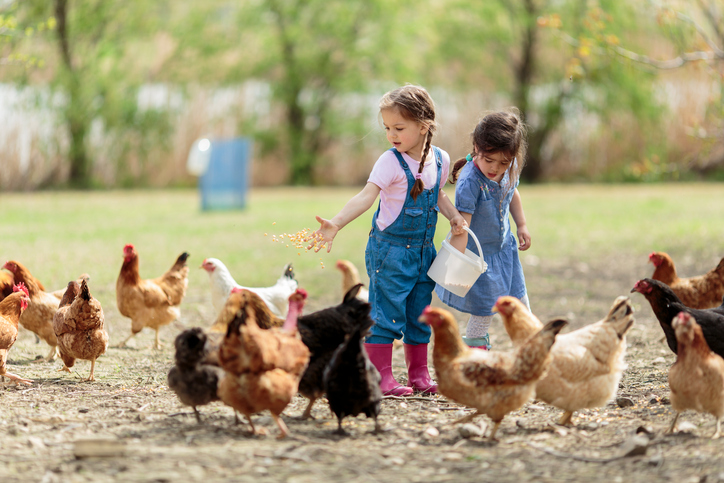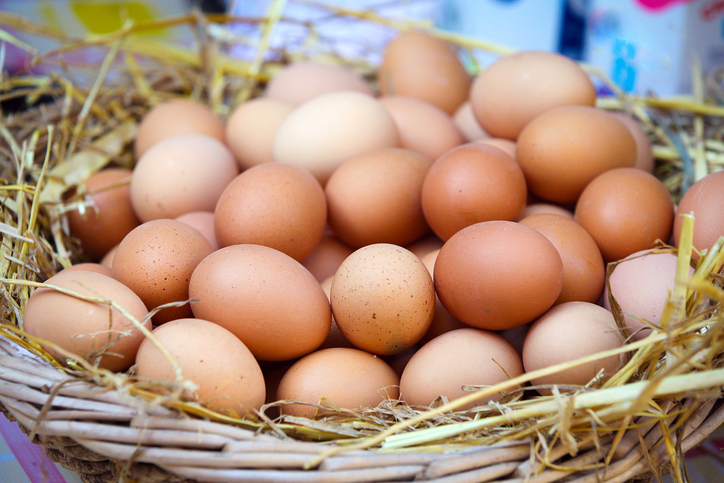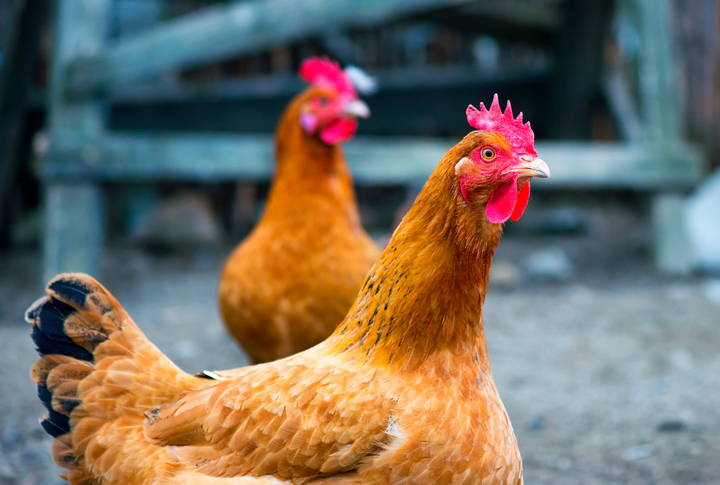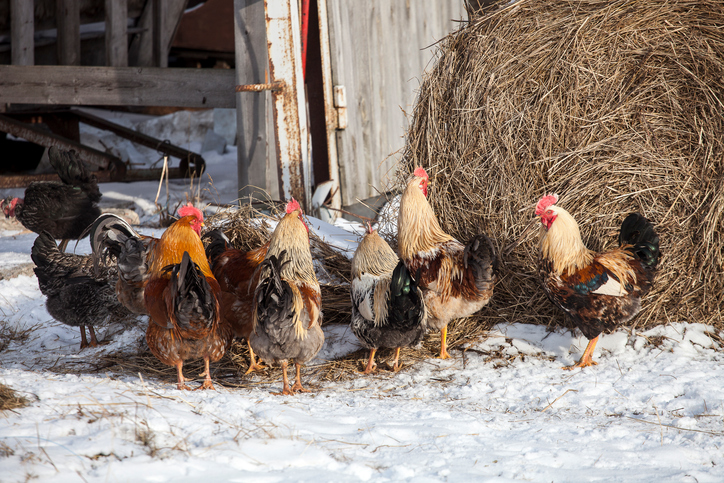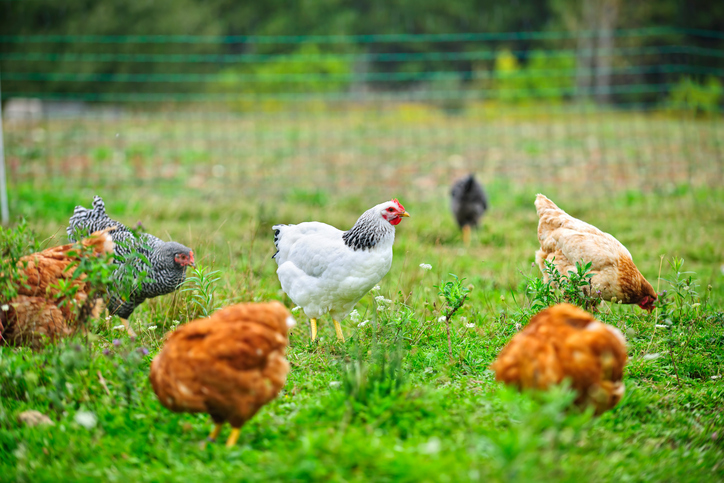If your little one is asking for a pet, look a little further than cats and dogs. Today, the chicken has become more popular as a household pet. These farm animals are finding themselves at home in cities and suburban backyards. If you’re wondering why chickens make a perfect family pet, take a look at some of their most endearing qualities.
Fresh Eggs Taste Great
Whether you have one chicken or you plan to build a coop together with family members, it won’t take long before you’ve become picky about the freshness of your eggs. Pale green, blue and brown, the eggs from your backyard will look beautiful and taste delicious.

Chicken Deposits Make Good Manure
You might get tired of cleaning up after the dog or frustrated when all of the plants around your cat’s preferred toileting spot die. Neither of those situations will be a problem with chickens. Their deposits are good for your yard. If you can train them to go in specific areas, you’ll have some really fertile soil.
Chickens Eat Pests
Think of your backyard nemesis: June bugs, cabbage beetles, cucumber worms, etc. Chickens love to eat the insects in your yard. They might even kill mice in the yard.

Baby Chickens Are Soft and Fluffy
It’s true that they won’t be little forever, but neither will a puppy or kitten. There’s nothing quite like holding a tiny, warm chick in your hands.
Their Personalities Are Entertaining
Some chicken owners insist that chickens have personalities as complicated and unique as humans. You’ll definitely recognize characteristics such as curiosity, bravery, shyness, friendliness or bossiness. As you and your family come to know each chicken better, you’ll find that they are a constant source of entertainment. They might even prompt some laughter on a regular basis.

Chickens Are Good Companions
Hens are social creatures and when they get a lot of interaction, they’ll be as friendly as a pet dog. Your kids might carry chickens around just like a cat or spend time playing with them in the yard. In general, chickens are less work than dogs and more loving than cats.

